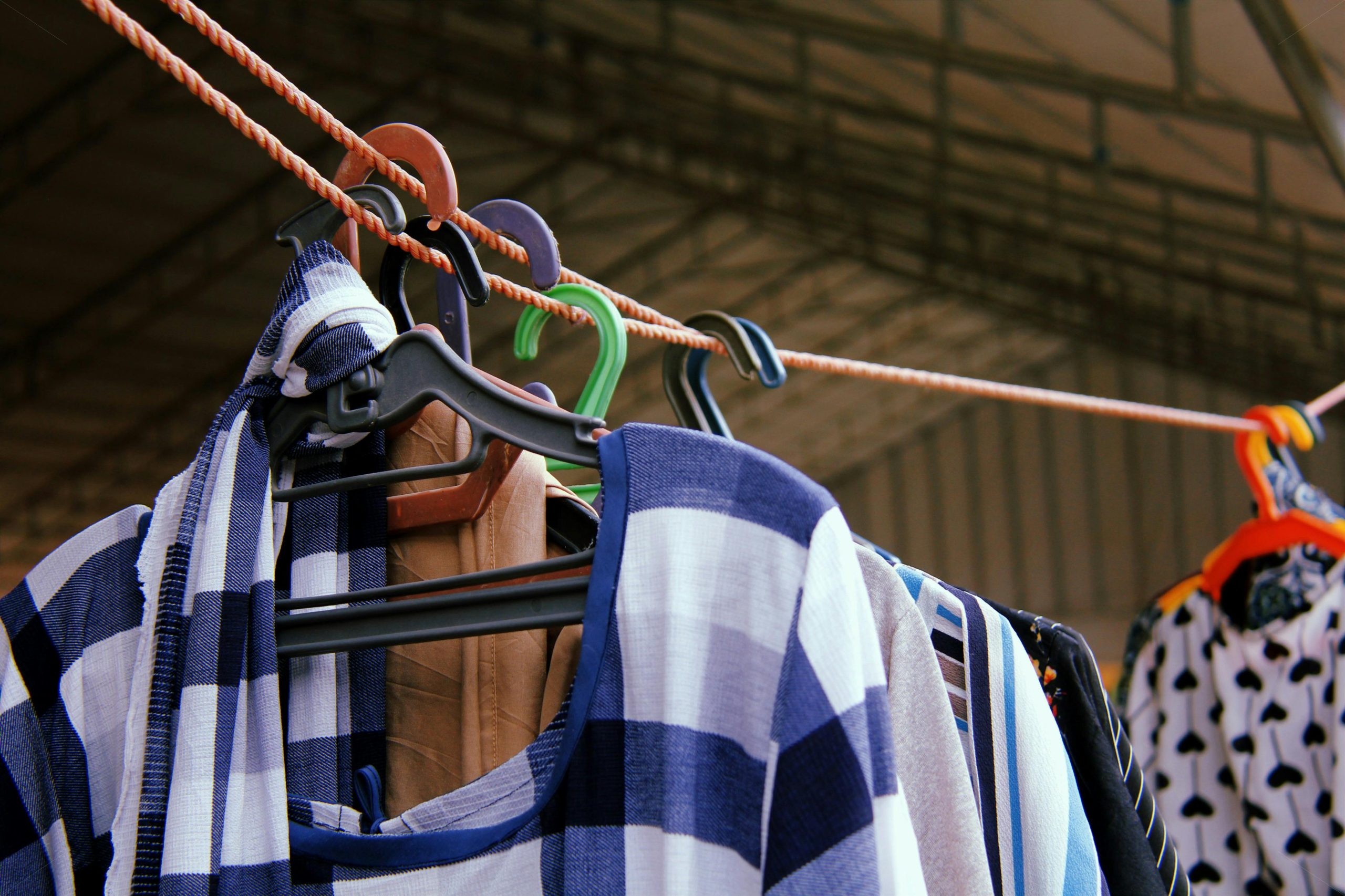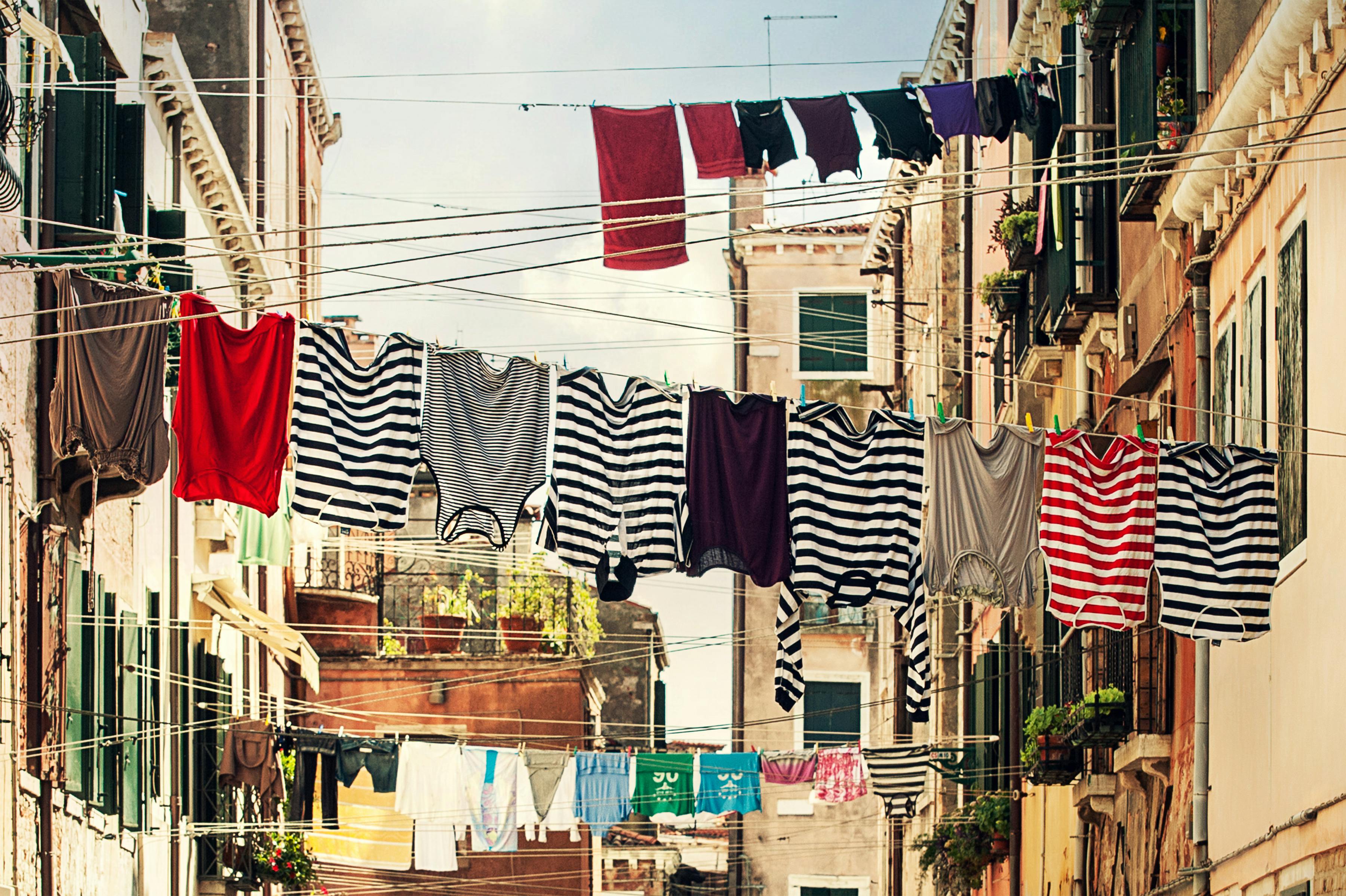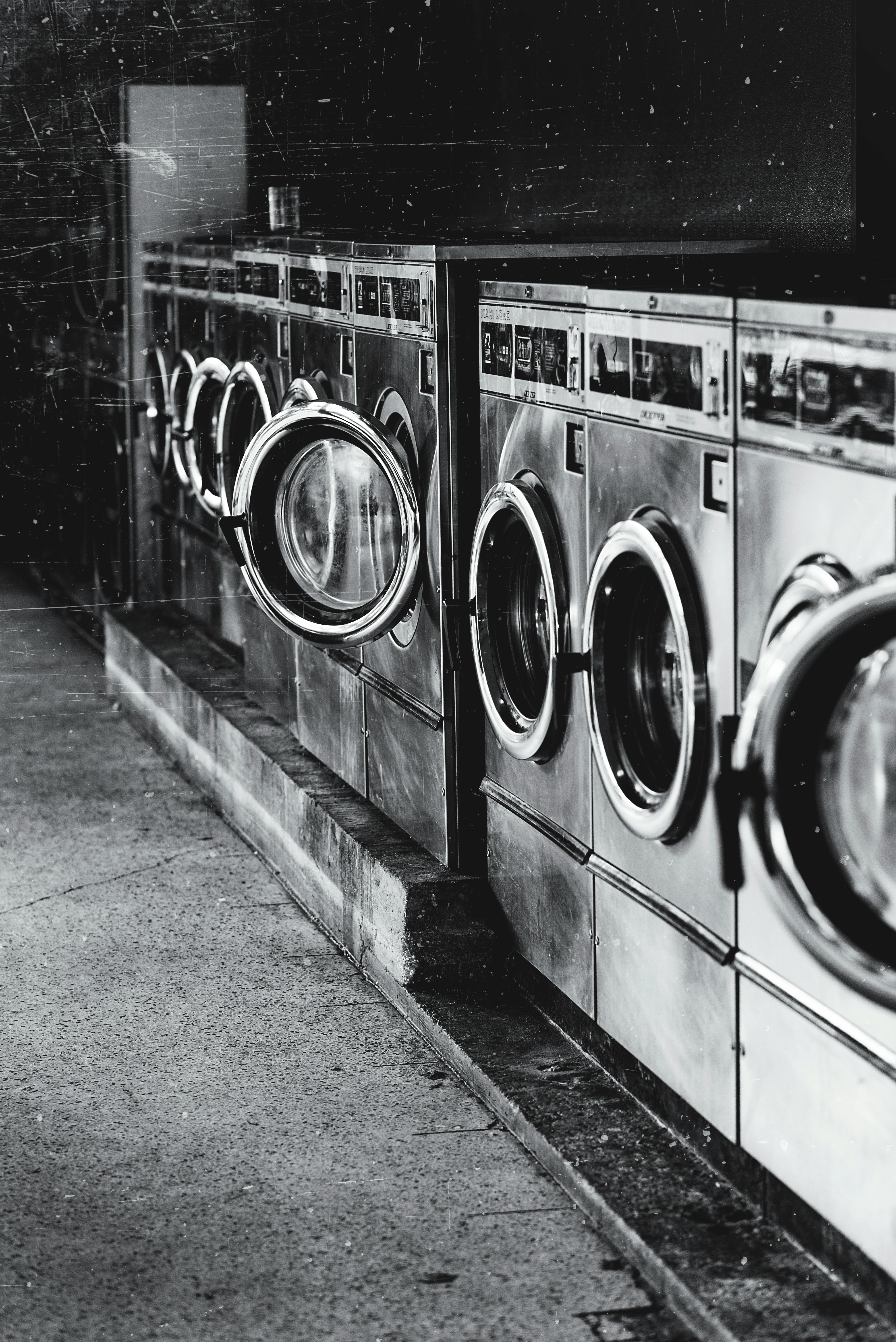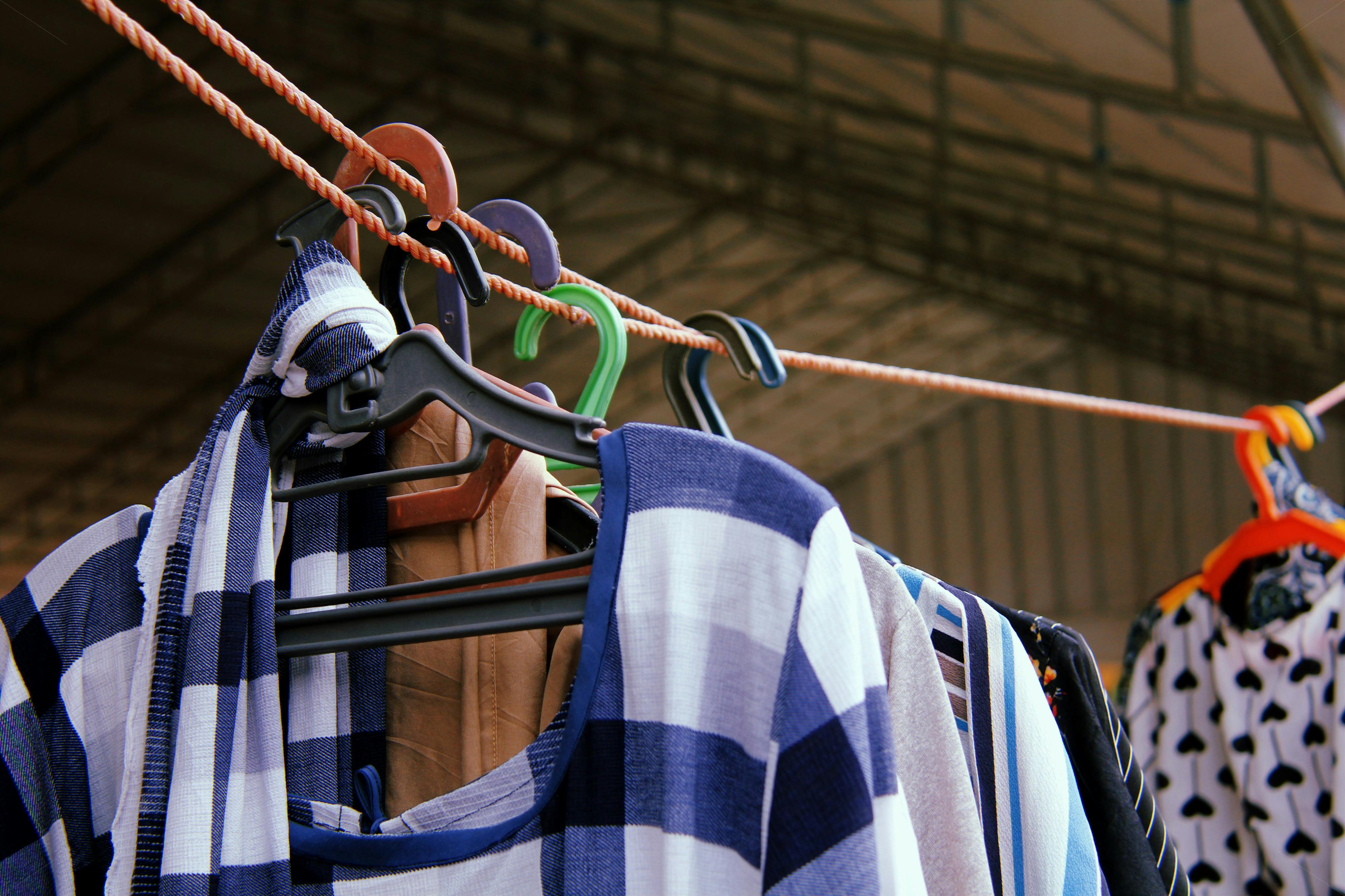Physical Address
304 North Cardinal St.
Dorchester Center, MA 02124
Physical Address
304 North Cardinal St.
Dorchester Center, MA 02124

Discover the perfect spin cycle washing machine with our guide. Learn about spin cycle basics, types of machines, and features for an informed choice.
Embarking on the journey to find the perfect spin cycle washing machine can feel a bit like navigating through a maze of models, features, and technical jargon. Yet, your quest to discover the washing machine that not only meets your laundry needs but exceeds them is about to get a whole lot easier. This comprehensive guide is tailored just for you, empowering you to make an informed decision by understanding the ins and outs of choosing a washing machine with the best spin cycle. From efficiency and speed to capacity and noise level, you’ll soon have all the knowledge at your fingertips to select the ideal appliance for your home.

When it comes to selecting the best washing machine, understanding the spin cycle is crucial. Let’s dive into the essentials of the spin cycle, its significance, and its impact on your clothing.
The spin cycle is a crucial phase in the washing process where the washing machine spins your clothes at high speeds to extract water. Imagine it working like a centrifuge – spinning so fast that water is forced out of the fabric and clothes come out less damp. This process significantly reduces the drying time, whether you’re using a dryer or hanging clothes out to dry.
Spin speed, measured in revolutions per minute (RPM), is a game-changer for your laundry routine. A higher spin speed means more water is extracted, leading to shorter drying times. However, not all fabrics can endure high speeds without damage, so having the option to adjust this setting is a valuable feature.
While the prospect of faster drying is appealing, consider the impact of the spin cycle on your clothing. Delicate fabrics might suffer from high-speed spins, leading to wear and tear. Conversely, robust materials like cotton can typically handle higher speeds without issue. Understanding this balance is key to maintaining the quality of your clothes.
The type of washing machine you choose can influence your laundry experience significantly, from how it fits into your home to how well it meets your specific laundry needs.
Top-loading machines are traditionally more common, allowing you to add clothes without bending down. Front-loading machines, however, are known for their efficiency in water and energy use and usually offer a more gentle wash, suitable for delicate clothes.
Integrated washing machines are designed to fit within a unit, hidden behind a cabinet door to blend with your kitchen or laundry room, offering a sleek look. Freestanding machines are more flexible regarding placement and often come with a larger capacity.
Living in a tight space doesn’t mean you must sacrifice the convenience of having a washing machine. Compact models are perfect for small apartments, offering all the essential features of a standard machine without taking up much room.

To find the perfect washing machine, reflecting on your specific requirements is essential.
Consider the size of your household and the frequency of your laundry days. Larger families or those doing laundry less frequently might benefit from a machine with a larger load capacity, reducing the number of loads needed.
Your available space will heavily influence your choice between a compact, freestanding, or integrated machine. Measure your space carefully before making a decision.
Opt for a machine that balances performance with energy and water efficiency, considering both environmental impact and utility bills.
Modern washing machines come with various features designed to enhance the spin cycle.
A machine with adjustable spin speeds offers versatility, allowing you to select a higher speed for thicker fabrics and a lower one for delicates, optimizing the drying process while protecting your clothes.
Some washing machines use advanced technologies to distribute laundry evenly or adjust spin patterns, reducing noise and vibration and improving water extraction.
If you live in a small space or are sensitive to noise, look for models with noise reduction technologies, ensuring your machine’s spin cycle doesn’t disrupt your home environment.

Choosing an energy-efficient washing machine is beneficial for both the planet and your wallet.
Machines with high Energy Star ratings consume less electricity and water, contributing to a healthier environment and lower utility bills.
Some washing machines are equipped with technologies that minimize water use without compromising performance, an important consideration for water conservation efforts.
Brands that prioritize sustainable materials and practices in their manufacturing processes deserve attention if you’re environmentally conscious.
In the era of smart homes, washing machines are no exception, offering features that simplify laundry chores.
Wi-Fi-enabled machines can be controlled remotely via apps, allowing you to start, pause, or monitor cycles from anywhere.
This feature calculates and dispenses the precise amount of detergent needed for each load, optimizing cleaning performance and preventing wastage.
Smart washing machines can self-diagnose issues and remind you of necessary maintenance, ensuring longevity and reliable performance.
The brand’s reputation and feedback from other consumers can offer valuable insights into the performance and reliability of washing machines.
Dedicate time to researching various brands and models, focusing on those with a strong reputation for quality, innovation, and customer service.
Reviews from other users can provide real-world insights into a machine’s performance, durability, and user-friendliness, helping you make an informed decision.
Consider the warranty and the quality of after-sales services offered by the manufacturer, looking for brands known for responsive and helpful customer support.
The cost of a washing machine goes beyond the initial purchase price, including long-term savings and potential expenses.
While high-efficiency and smart models may come with a higher upfront cost, they can offer significant savings on energy and water bills over time.
Explore available rebates and incentives for purchasing energy-efficient appliances, which can help offset the initial investment.
Consider the long-term cost of repairs and maintenance, opting for models known for reliability and durability.
Proper installation and regular maintenance are key to maximizing your washing machine’s lifespan and performance.
Depending on your comfort level and the complexity of the installation, you may choose professional installation or opt for a DIY approach. Make sure to follow the manufacturer’s instructions carefully.
Regular cleaning of the detergent drawer, door seal, and filter, along with running a cleaning cycle, can keep your machine running smoothly and prevent odors.
Familiarize yourself with common issues such as imbalances during the spin cycle or leaks, and learn how to troubleshoot them effectively.
To ensure you make the best choice, utilize all available resources.
Online comparison tools can help you compare features, prices, and reviews of different models side by side, making the decision process easier.
If possible, visit showrooms to see machines in action. Demonstrations can give you a better feel for their size, features, and operation.
Don’t hesitate to consult with appliance experts. They can offer valuable advice tailored to your specific needs and preferences, helping you find the perfect washing machine for your home.